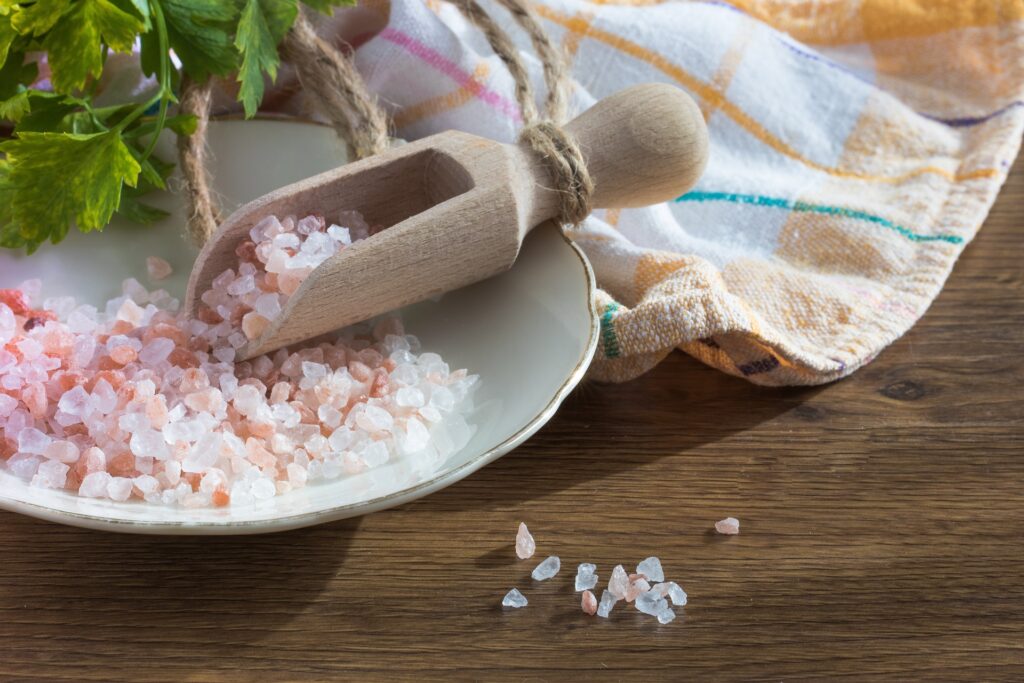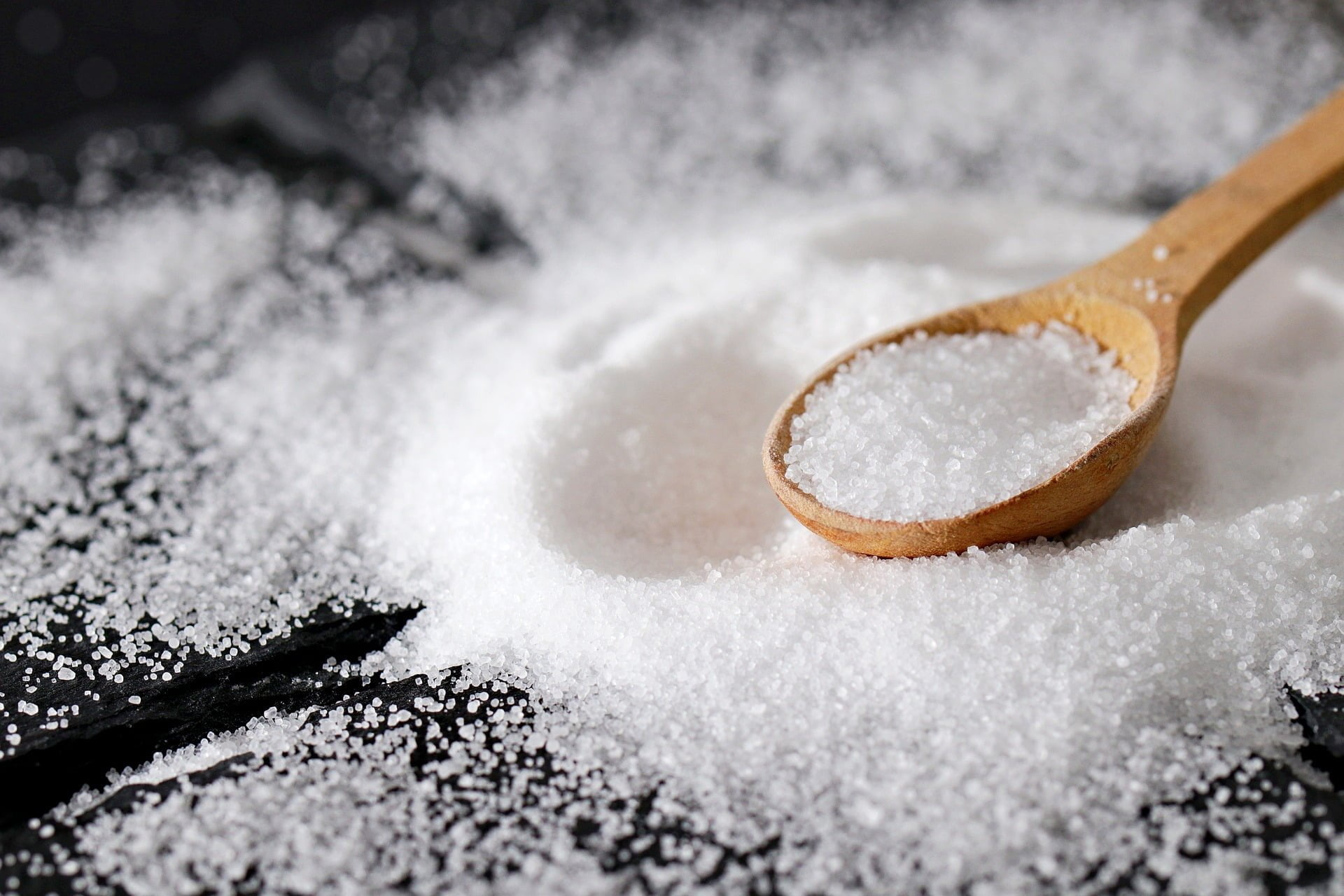i want to talk about the difference between himalayan sea salt and just regular sea salt is there a difference there is it’s a big difference the great majority of both of these have sodium chloride they both have trace minerals but sea salt has microplastics or nano amounts of plastic in one study it showed that 90 percent of all the brands that were tested had microplastics however in himalayan sea salt zero plastics why because of the deposits that make up the himalayan salt comes from an ancient sea before humans before the pollution

The majority of the population is just consuming table salt they have no idea
that that too has microplastics no trace minerals just sodium chloride it’s bleached
some of the time they even add sugar to it some of the time and sometimes they add anti-caking agent
aluminum which is toxic to your brain so what i’m trying to do is increase your awareness and focus
in on a healthy salt because we need salt we needed to make hydrochloric acid in our stomach
Why we need salt
To actually kill off microbes help us digest protein and assimilate minerals adrenals need a certain amount of salt our immune system needs a certain amount of salt if we’re low on salt the risk of getting insulin resistance goes up salt helps with hydration also it’s involved in the sodium potassium pump which is needed to power your muscles and your nerves and give us energy How much salt do you need?now how much salt do we need we need between one and two teaspoons depending on your activity level how much you’re sweating but when you do keto you want to do at least one teaspoon if not a little bit more each day because of all the water weight that you’re losing and with the water weight loss comes a loss of electrolytes as well now a couple things that you can do in addition to
Extra tips for microplastics
avoiding exposure to microplastics because it’s in the water from the plastic bottles that you’re using and also the canned water it’s in a lot of different things especially if you’re using microwaves with plastics and even styrofoam cups if you have good friendly bacteria there’s been some studies that show that certain microbes in your microbiome can help break down some of these plastics number two consuming cruciferous food on a regular basis helps to dismantle and eliminate endocrine disruptors in general and also consuming enough omega-3 has a tendency to keep your inflammation down because one of the problems with microplastics is inflammation and so if you counter that with taking things that keep your inflammation low you can minimize the damage to some degree but definitely don’t consume just regular sea salt go with the himalayan salt or go with some other salts like celtic salts that don’t have micro plastics

